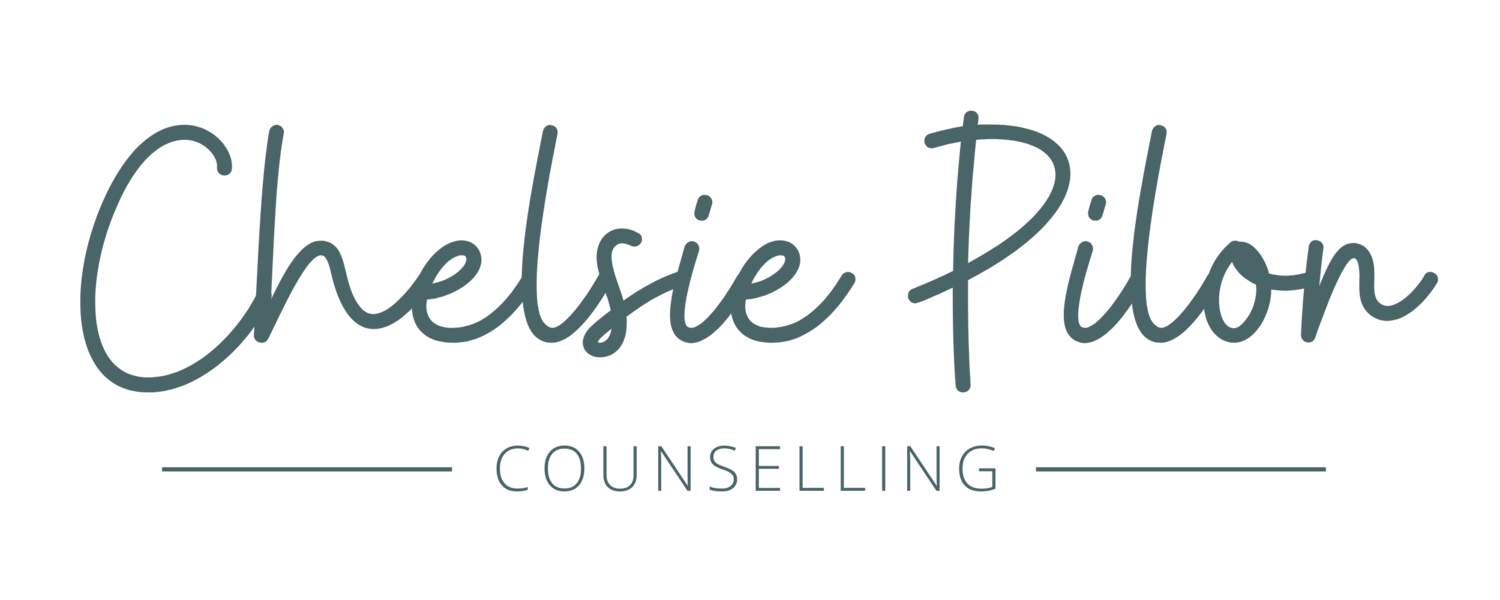Don’t see what you’re looking for? Please get in touch.
Frequently Asked Questions
What are the rates for counselling sessions?
Individuals: $150 for a 50 minute session
Couples/Family: $235 for a 75 minute session
What can I expect from the 15-minute free consultation?
Our 15-minute free consultation will be a chance for us to meet and get to know each other. I will tell you a bit about me, and I will ask you to tell me a bit about what’s going on for you. I will also go over confidentiality, fees, cancellations, and payment arrangements. This is also a chance to ask me any questions you might have. I believe that the right fit between client and therapist is so important, so I provide you with an opportunity to see how our fit feels before you commit to a first appointment.
What can I expect from our first session?
During our first session I will go through a brief questionnaire with you. This is so I can gather some information that will help us develop your treatment plan. I want to make sure I have enough information about you, so you get the best therapy possible. We will have some discussion around each question I ask, and then we can dive right in to what has been on your mind.
Is my information kept confidential?
When you participate in a counselling session, your privacy is protected by the Personal Information Protection Act (PIPA). This which means your therapist is ethically bound to keep all the information shared and learned about you completely confidential. It is important to understand that this confidentiality agreement does not comply with circumstances in which your safety, or the safety of others is at imminent risk. This means that if I learn that the safety of yourself or others is imminently threatened, or I learn of child abuse or neglect, I may be ethically obligated to report this information. Your therapist must also comply to a court order or subpoena of your records.
Will counselling help me?
Counselling is a scientifically proven intervention to help people who are struggling with their mental health. With therapy you can learn how your mind works and how to cope with negative emotions. It will also help you understand yourself and your emotions better so you can navigate life more easily. Counselling increases self-confidence and empowers individuals to make positive changes in their lives. Studies have shown that therapy works just as well and sometimes better than taking medication for mental health issues such as anxiety and depression.
How long does counselling take to work?
This is very much dependant on the client and their situation. The strength of the therapeutic relationship is one of the most important factors in how long therapy takes to work. Often clients feel relieved and hopeful after their first or second session. If you have a specific problem that you need to address and nothing deeper comes up in therapy, six to eight sessions can be very effective. If you have a history of abuse, neglect, trauma or difficult relationships, clients will often need a longer-term approach to counselling so they can go deeper and heal in a lasting way that changes their lives for the better. No matter what your goal for therapy or your capacity for sessions may be, your therapist should be able to work with you to come up with a plan that best suits your needs.
Is counselling covered by my extended health care?
If you have extended health benefits through your work, or through an immediate family member’s employer, you may be covered for the services of a Registered Clinical Counsellor (RCC). Some extended health plans cover RCC’s, while others do not.
If you are on short or long-term disability from your work, you may be eligible for counselling benefits. Please ask your insurance provider if you are eligible to receive counselling from an RCC.
What is the difference between a counsellor, a therapist, a psychotherapist, and a psychologist?
It can be confusing when you come across so many different titles for professionals who provide mental health care. It is important to know the difference between them so that you can be informed when choosing a therapist. The terms Counsellor, Therapist, and Psychotherapist are used interchangeably across Canada. When choosing a Counsellor (or Therapist or Psychotherapist), it is important to make sure that they are registered with a governing body. This will ensure two things: 1) that they have a Master’s Level education in mental health, and 2) that a governing body holds them ethically accountable to provide competent clinical level therapy. The most common designations for Registered Counsellors in Canada are Registered Clinical Counsellor (RCC) and Canadian Certified Counsellor (CCC).
The main difference between a Psychologist and a Counsellor is that a Psychologist has a Doctorate level of training in Mental Health, or a PhD. Psychologists provide therapy like counsellors do, and they may also also participate in research, teaching, and can clinically diagnose you with a mental illness.
How do I choose the right therapist for me?
It might feel overwhelming to pick a therapist. There are some online directories that can be useful to find a therapist in your area including Psychology Today and Counselling BC. Counselling is becoming more easily accessible, which is good news. If you are having trouble finding what you need, ask family and friends to help. You employer might also be able to help with a referral. Remember to breathe and listen to your gut. It is completely ok to ask for a consultation with a therapist first to see if they are the right fit for you.
